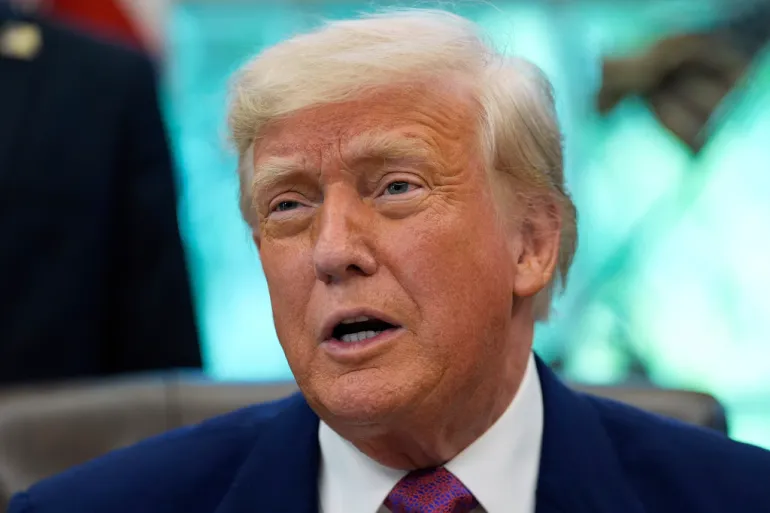The United States is weighing the possibility of withdrawing thousands of troops from South Korea, a move that would mark a significant shift in Washington’s military posture in East Asia and raise serious concerns over the future of deterrence on the Korean Peninsula. According to multiple defense officials cited in the report, internal discussions have begun at the Pentagon and White House, although no final decision has been made.
The potential drawdown would affect the 28,500 U.S. military personnel currently stationed in South Korea, where they have long served as a key component of the U.S. commitment to defend its ally against threats from North Korea. Any troop reduction would not only alter the regional balance of power but could also reshape U.S. strategic planning across the Indo-Pacific.
Officials speaking on condition of anonymity told MSN that the idea of withdrawal is part of a broader reassessment of overseas troop deployments, cost-sharing arrangements, and global defense priorities. The discussions are reportedly influenced by domestic political pressure to reduce military expenditures and shift resources to pressing issues elsewhere, including Europe and the Middle East.
The Pentagon has not confirmed specific figures or a timeline but emphasized that “no decisions have been finalized” and that “consultations with allies are ongoing.” National Security Council spokesperson John Kirby reiterated the U.S. commitment to the defense of South Korea, saying, “Our alliance remains ironclad, and we continue to support peace and stability in the region.”
South Korean officials were reportedly surprised by the reports and have sought urgent clarification from their U.S. counterparts. Seoul’s Defense Ministry said in a statement that it expects full transparency and reaffirmed that the presence of U.S. forces is essential for regional stability.
The possibility of a drawdown has sparked alarm among regional analysts and lawmakers. Critics argue it could embolden North Korea, which continues to expand its nuclear weapons program and frequently threatens both Seoul and Washington with missile tests and aggressive rhetoric.
“This would be a gift to Kim Jong Un,” said Victor Cha, a Korea expert and former U.S. National Security Council director. “The U.S. military presence is a cornerstone of deterrence in Northeast Asia. Weakening it now would send the wrong message not just to Pyongyang, but also to China.”
The U.S. has maintained troops in South Korea since the Korean War armistice in 1953. The alliance has evolved into one of Washington’s most significant military partnerships, involving joint exercises, intelligence sharing, and integrated defense planning.
However, tensions over cost-sharing have flared in recent years. Former President Donald Trump demanded that South Korea pay significantly more to host U.S. troops, and while the Biden administration reached a new agreement in 2021, the issue remains politically sensitive.
Proponents of a more limited overseas military footprint argue that technological advancements and long-range capabilities reduce the need for permanent forward deployments. They contend that resources could be better allocated to emerging threats and flexible force postures.
But opponents of the move worry that a drawdown would destabilize U.S. alliances in the Indo-Pacific at a time when China’s military power is rising and North Korea remains unpredictable. Japanese officials, in particular, are said to be monitoring the situation closely, given Tokyo’s own security concerns.
For now, the U.S. government insists that no decision is imminent. However, the fact that such discussions are taking place at high levels indicates that a once-unthinkable scenario is now part of serious strategic deliberations in Washington.
As tensions persist in East Asia, the future of America’s military footprint on the Korean Peninsula could become a major issue in the 2024 U.S. presidential election, with implications far beyond the region.
Source: MSN News



